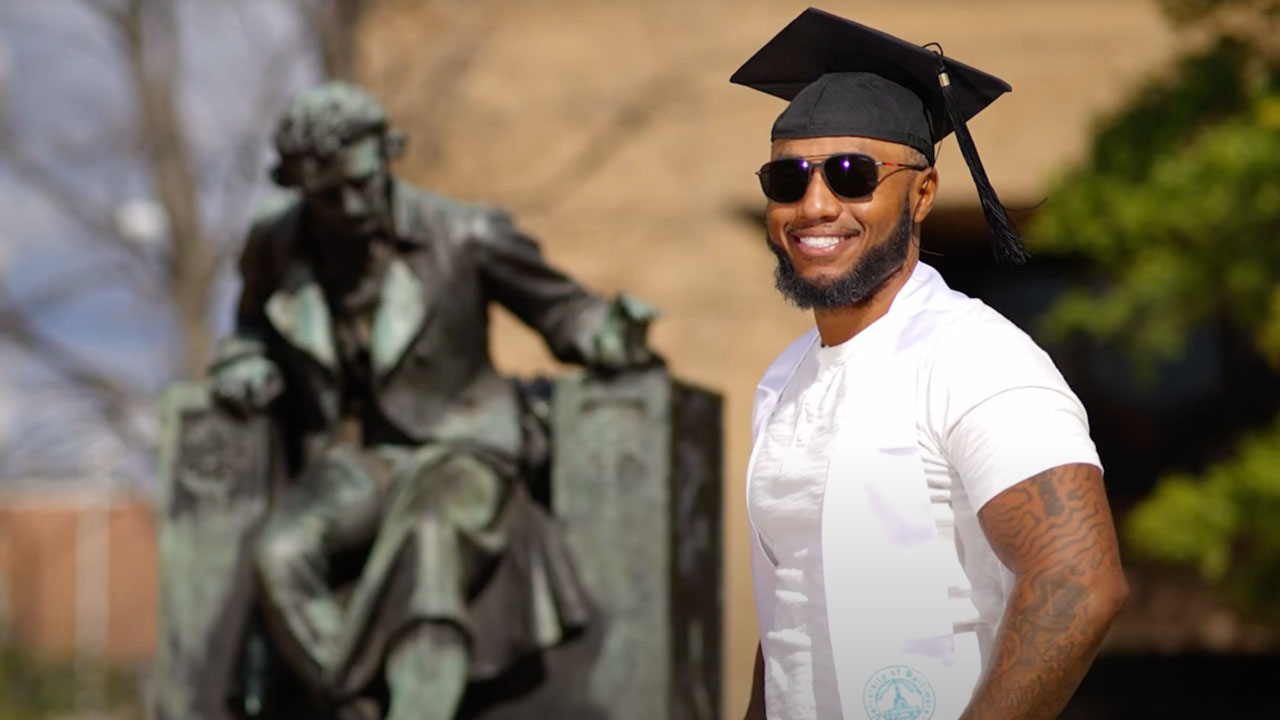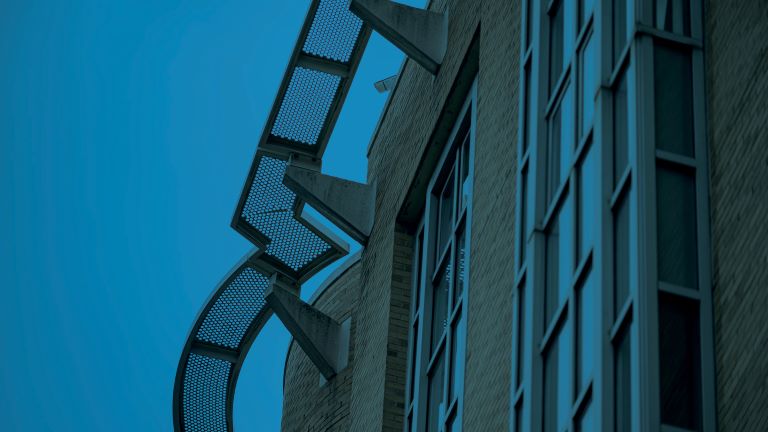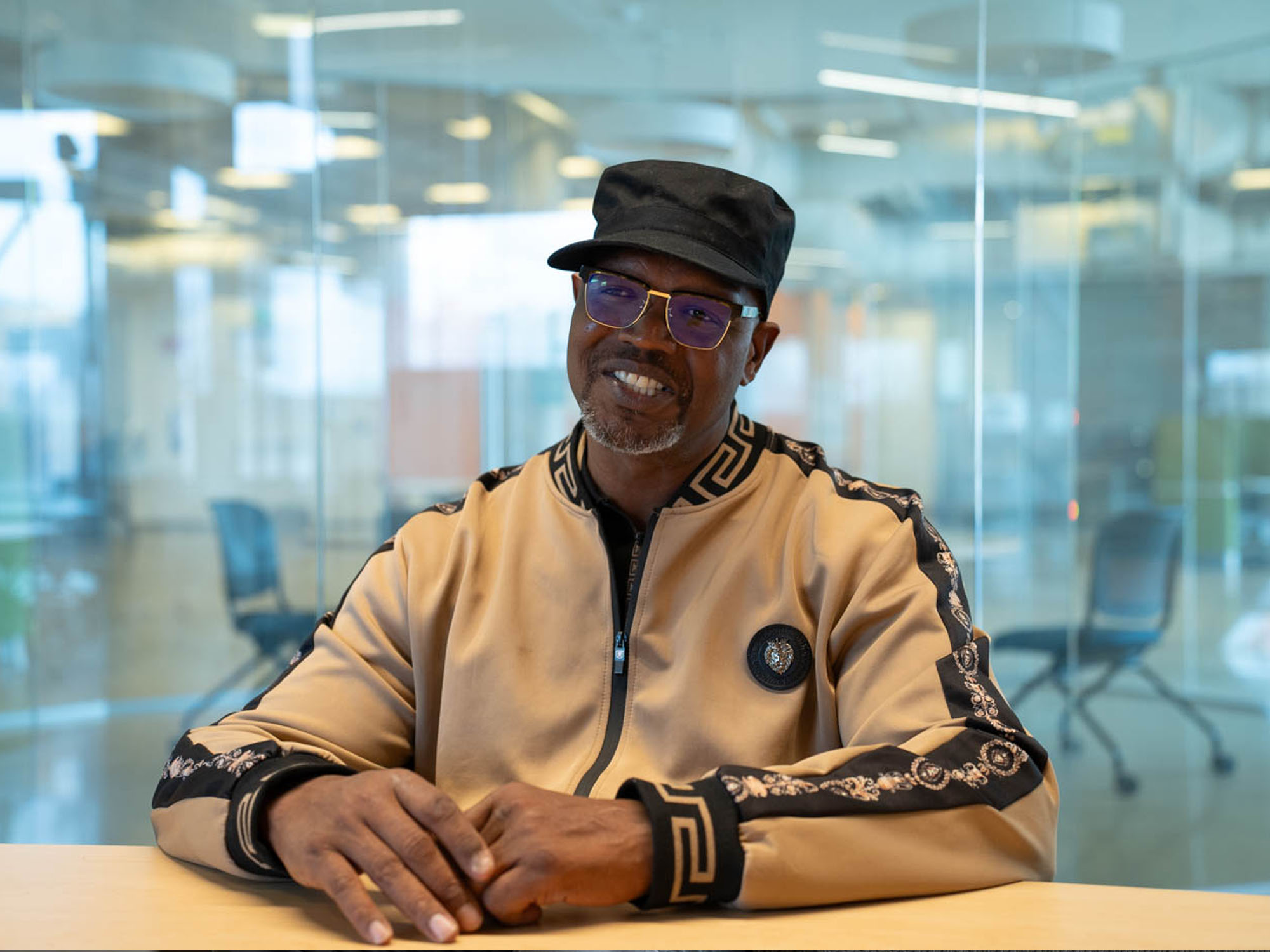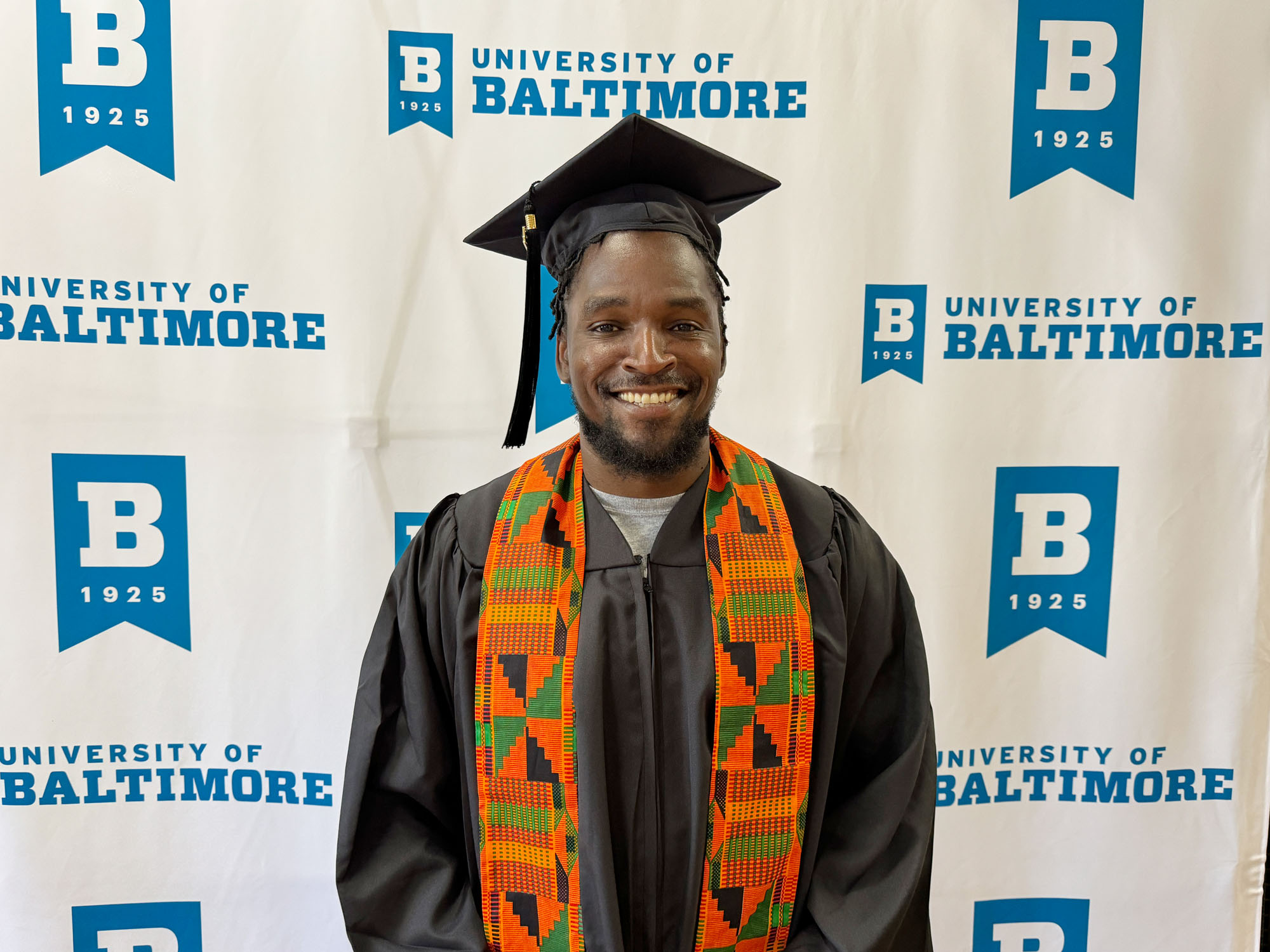Second Chance College Program
A brief History
On June 26, 2016, the University of Baltimore (UBalt) was selected to participate in the U.S. Department of Education’s Second Chance Pell Grant Experimental Sites Initiative. UBalt was among 67 other colleges/universities selected nationwide to offer a post-secondary correctional education program through federal Pell Grant funding. The objective is to provide post-secondary education to incarcerated students prior to release, therefore reducing likelihood of recidivism, and improving outcomes for educational and employment success.
UBalt’s program is being offered at Jessup Correctional Institution (JCI), a maximum-security prison for men. As of the spring 2021 semester we have 48 students who will study toward a Bachelor of Arts in Human Services Administration degree. While taking courses at JCI students receive academic support from UBalt faculty and staff, community volunteers, and their incarcerated peers.
Through higher education and reentry support students are able to have a positive impact on their own lives, their families, and the Baltimore community. The Second Chance College Program works with students when they are released to continue their education on campus and find meaningful and sustainable employment. When released, students are also provided with reentry support services, tuition assistance, and receive mentoring from their peers who are successfully continuing their education on campus.
The Second Chance College Program director is Andrea Cantora, associate professor in the School of Criminal Justice.












